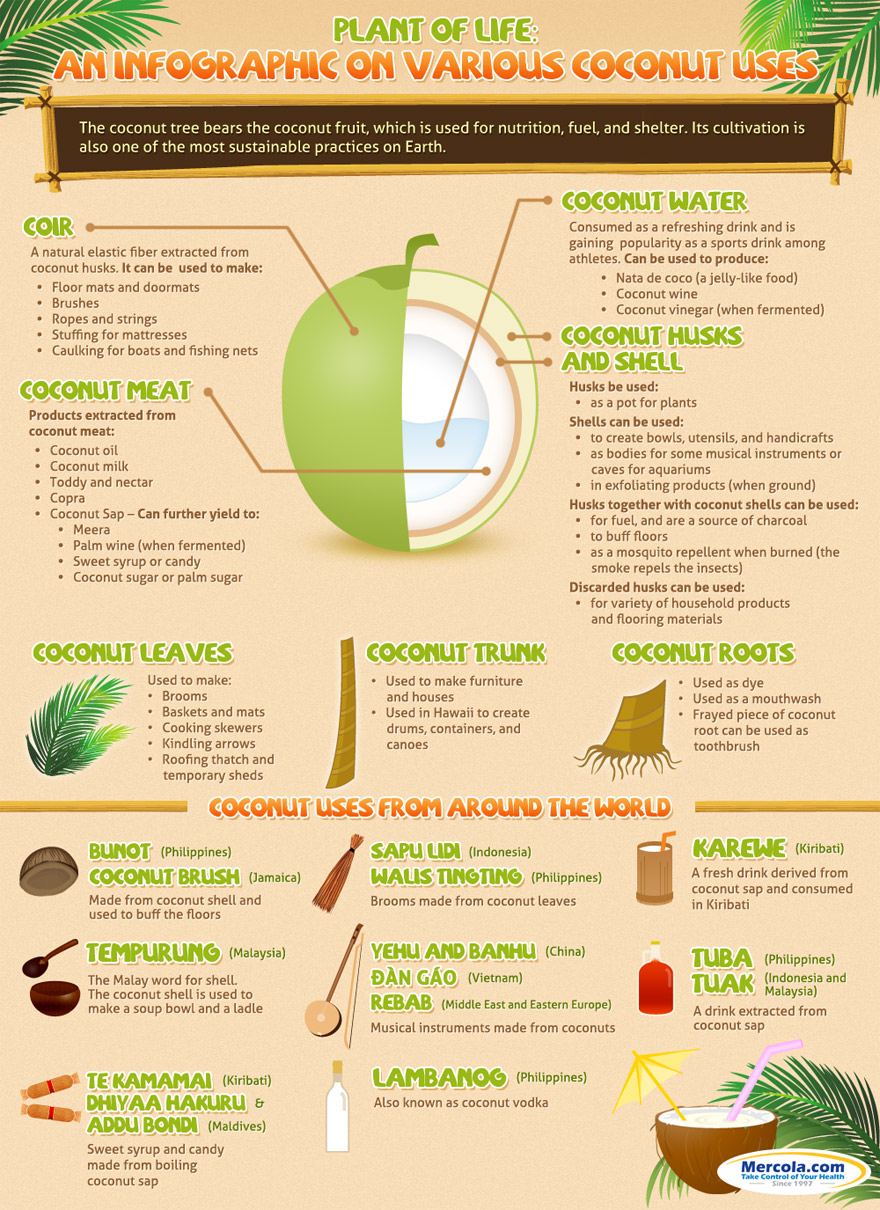As eye health is connected to whole body health, a diet that supports healthy, strong vision is similar to a diet that supports health in all our body systems. We all know that eating mainly fresh, whole vegetables and fruits, whole grains and lean proteins with few processed foods or added sugar, sodium or trans fats is the best way to ensure good health and good eyes. In addition to these basics of eating well, however, there are specific vitamin and minerals that worth increasing your intake of via foods or supplements.
Beta-carotene. High levels of antioxidants including beta-carotene, selenium, and vitamins C and E protect against photosensitive problems such as macular degeneration, a leading cause of vision impairment in North America. Increasing one's intake of antioxidants means choosing bright orange and dark green vegetables more often. Your mother was right – carrots are good for your eyes!
Bioflavonoids. These compounds are a super-class of antioxidants which work in synergy with better known antioxidants like vitamin C. High intake of bioflavonoids such as the quercetin found in onions, apples and garlic are known to be effective prevention for cataracts which cloud our vision as we age.
Essential fatty acids. Also known as EFAs or “good” fats, these omega-3s and omega-6s are essential because every system in our body needs them and we can only get them from our diet. EFAs, which are polyunsaturated, compete with saturated fats to become part of the cell membranes in our eyes. Saturated fats make cell membranes stiff while EFAs are conducive to fluidity and less inflammation. As you probably know, cold water fish like salmon, mackerel and sardines are good sources, but so are seed oils from hemp, flax and black currants.
Lutein and zeaxanthin. These two carotenoids (they're yellow and orange-red) are in the same family as beta-carotene and are found in many of the same foods including egg yolks, corn and paprika. Research from Harvard Medical School found that eating carotenoid-rich dark leafy green vegetables at least once of week was enough to lower risk of macular degeneration. Of course, you ought to be eating way more that than but it goes to show how powerful these nutrients are!
Lycopene. Like lutein and zeaxanthin, lycopene is red or pink plant pigment that you may have heard of in association with prostate cancer or healthy skin. It 's also known to prevent aging of the eye. This antioxidant deserves all the press because it is twice as powerful as beta-carotene and ten times more powerful than vitamin E! Best food sources include watermelon, tomatoes, guava and pink grapefruit.
In good eye health!
Cheryl Wahl, RHN
Certified Professional Cancer Coach
Cancer Exercise Specialist










 RSS Feed
RSS Feed
